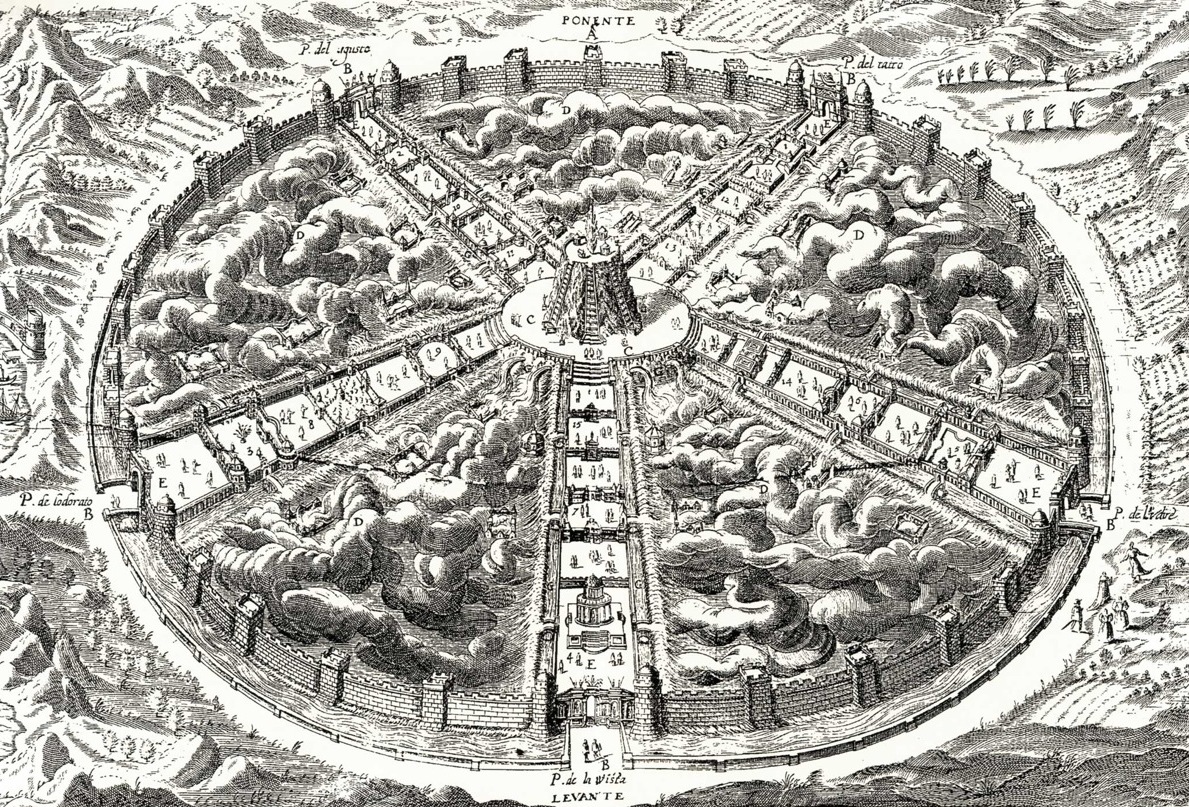The Antonine Constitution after 1800 Years: Citizenship and Empire in Europe, 200–1900

Third day of a three-day international conference on The Antonine Constitution after 1800 Years: Citizenship and Empire in Europe, 200–1900.
In 212 CE the emperor Caracalla extended citzenship to all free-born residents of the Roman empire. That act transformed Rome: in theory, the empire ceased at once to have subjects, and all new citizens were expected to adhere to Roman law. The reality, both before and after, was in fact far messier. Echoes of Caracalla's act have reverberated in ideologies of empire and the law of citizenship in Europe down to the present day. On the one hand, the assimilation of subjects to citizens became a component of the project of empire. At the same time, as modern Europe took up Roman law, the ghosts of empire were embedded in the laws of its nations. The conference presents 13 papers on the history of citizenship in law and political theory from the Roman empire to the law codes of modern Europe, with commentary by two distinguished ancient and medieval historians.
Thursday 20 September
British School at Rome
Via Gramsci, 61
Friday 21 September
Koninklijk Nederlands Instituut Rome
Via Omero, 10/12
Saturday 22 September
American Academy in Rome
Via Angelo Masina, 5
The conference is sponsored by the Kellogg Institute and Nanovic Institute, University of Notre Dame; the Center for the Study of Ancient Religions and Division of Humanities, University of Chicago; the Faculty of Arts, Radboud University; the Koninklijk Nederlands Instituut Rome; and the Loeb Classical Library Foundation, Harvard University.
For more information, please contact Clifford Ando at clifford.ando [at] uchicago.edu (clifford[dot]ando[at]uchicago[dot]edu) or Anne McGinness at amcginne [at] nd.edu (amcginne[at]nd[dot]edu)